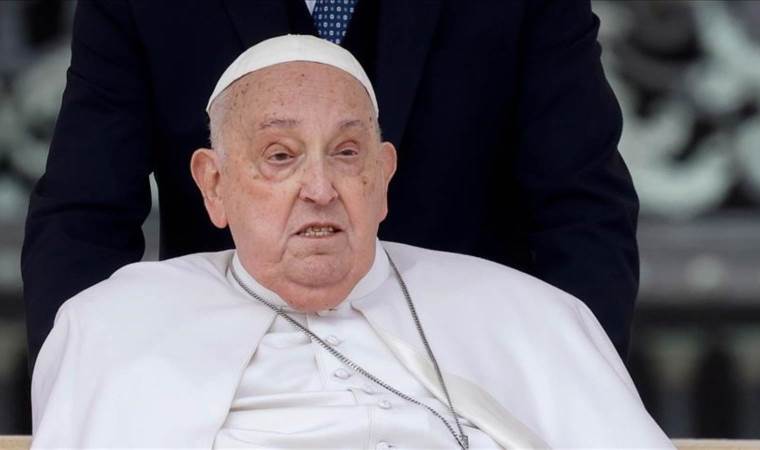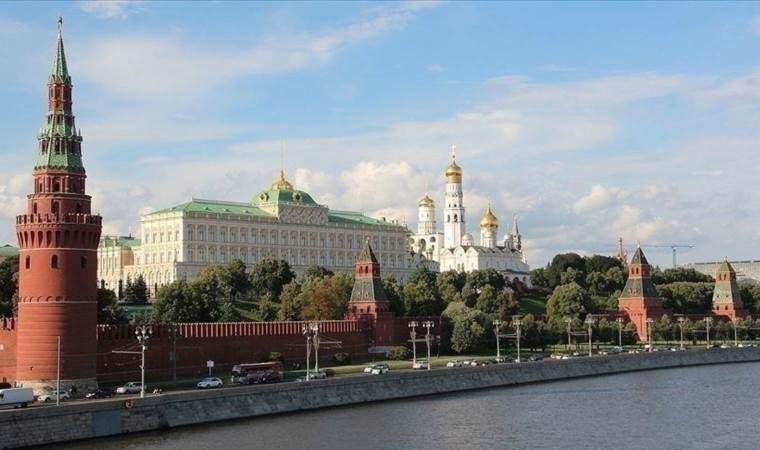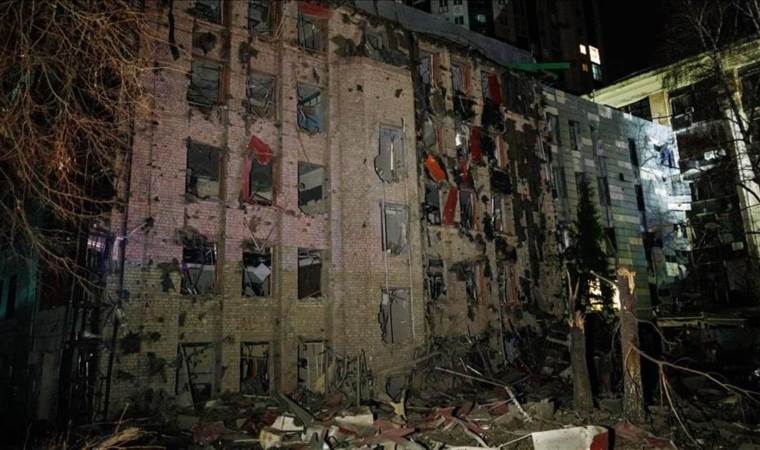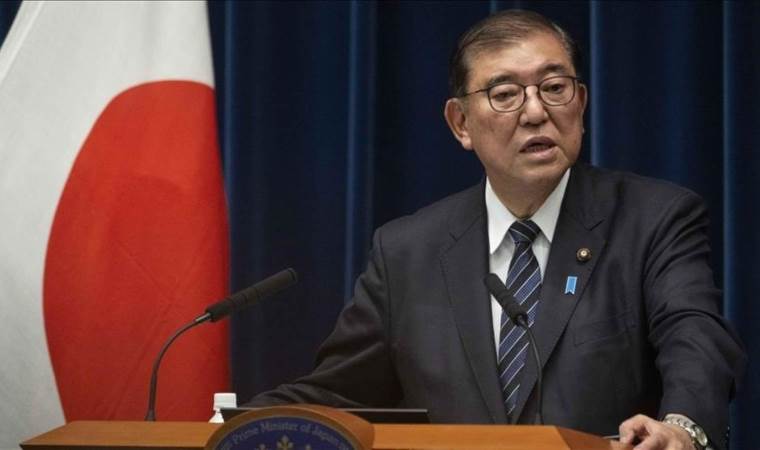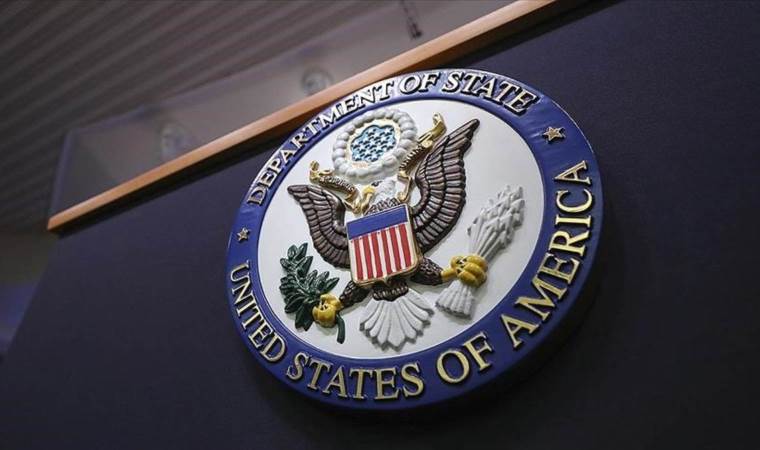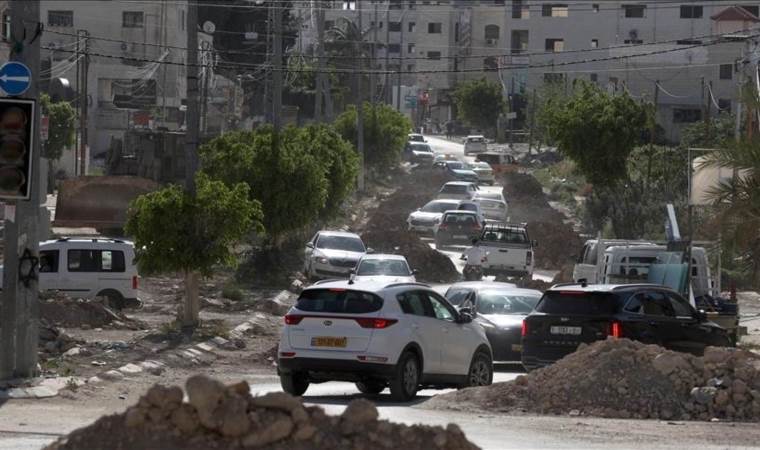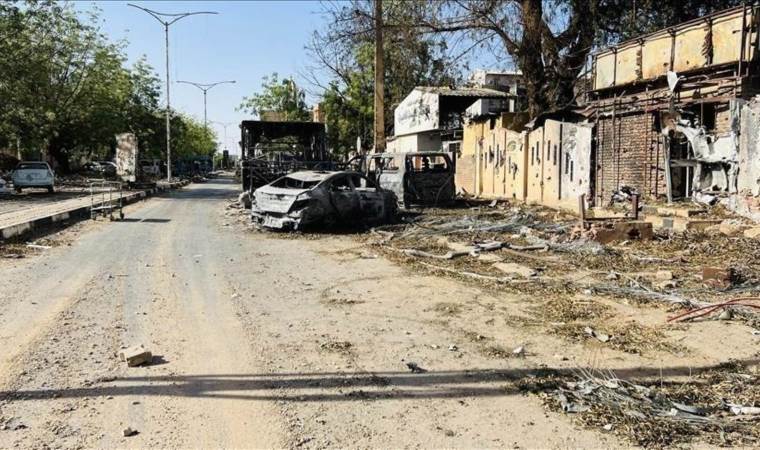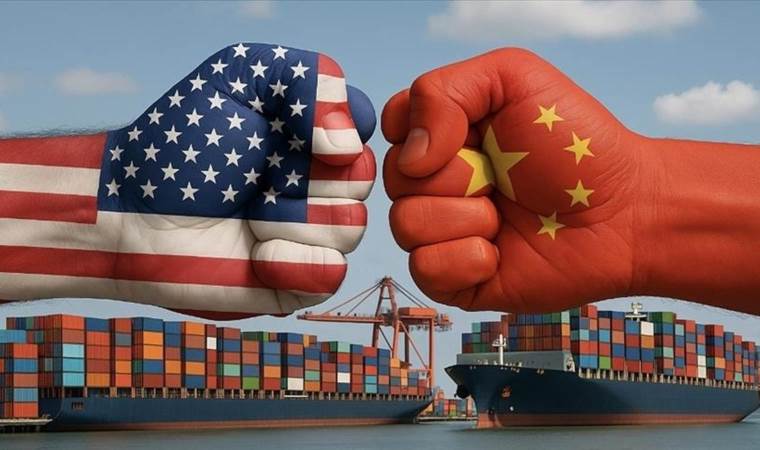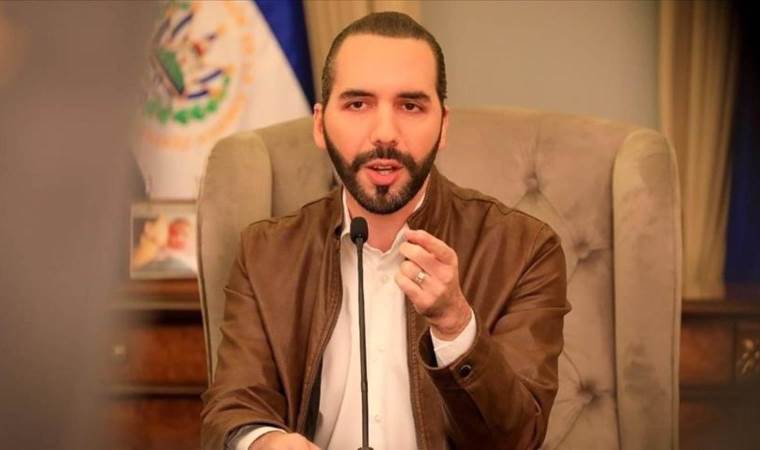Pezeshkian could lead the change in Iran
Iran is set to elect a new president tomorrow following the death of former President Ebrahim Raisi in a helicopter crash on May 19.
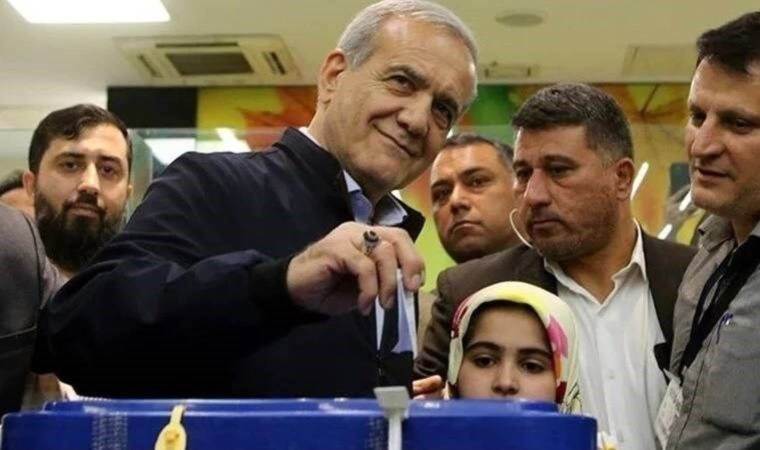
The race between moderate conservative (reformist) Masoud Pezeshkian and conservative candidate Saeed Jalili will continue with a second round on July 5. Pezeshkian, 69, has called for structural economic reforms and occasionally opposed mandatory headscarves. During his campaign, he captured the attention of the Turkish public by saying, "I am Turkish. Both my mother and father are Turkish. I am proud of my Turkish heritage. I speak Turkish with my children at home, not Persian." Pezeshkian, who served as Minister of Health under former President Mohammad Khatami from 2001 to 2005, was elected as a Member of Parliament for Tabriz in the 2008 general elections and has represented Tabriz in the parliament for five terms. He applied for the presidency in 2013 but later withdrew his candidacy. In the 2021 presidential elections, he ran against Ebrahim Raisi but was vetoed by the Guardian Council.
Promises to Address Morality Police
Pezeshkian, who finally became a candidate in the election brought forward by a year after Raisi's death, led the first round with 10,415,191 votes, accounting for 42.5% of the total votes, despite a low turnout. He has garnered support from former Presidents Mohammad Khatami and Hassan Rouhani, and former Foreign Minister Mohammad Javad Zarif. Pezeshkian has stood out with his promises to address ethnic and sectarian discrimination and the issue of mandatory headscarves. In an official social media post, he stated, "I will fight against the Morality Police (Guidance Patrol) and push for the lifting of the filter ban."
"If You Ask the People, This System Should Not Continue as an Islamic Republic"
Dr. Ezgi Uzun, an Iran expert, told Cumhuriyet that Pezeshkian has a chance of winning, but it is a highly competitive election. Uzun noted that Pezeshkian led the race in the first round despite a 40% turnout, indicating that some conservative voters also supported him. Uzun emphasized that Pezeshkian should not be seen as an opponent of the regime due to his reformist identity. "Reform does not mean being against the Islamic Republic. It means continuing the Islamic Republic through certain structural changes. This is why the reformist electorate has distanced itself from reformist politicians. There is a huge gap between what the reformist politicians want and what the people want. If you ask the people, they believe this system should not continue as an Islamic Republic. At least some think the system needs to change completely," Uzun said.
Change Possible If the System Is Convinced
Uzun explained that Pezeshkian also wants the Islamic Republic to continue but believes it must undergo significant structural changes. "We have observed that he has spoken much more clearly on some issues during the second campaign process. He says that mandatory headscarves should be abolished and that there should be no such thing as the Morality Police. He wants to take a step in this direction. But the important question is, can he do it? This is a very difficult issue. There are many different centers of power within the system. It's not something that is solely in the hands of the President," Uzun noted. Uzun stated that the mandatory headscarf has great symbolic importance for the Islamic Republic and that if Pezeshkian can convince certain centers of power within the system, there could be some progress on this issue. However, Uzun stressed that systemic transformation could only occur gradually, noting that the system has received serious signals from the public, reflected in the low turnout.
"He Could Reform the Economy"
Uzun said, "The system might gradually make concessions, but I don't believe there will ever be a sudden overnight change in Iran. Change could occur slowly by granting certain rights and freedoms and by some centers of power losing their influence. Change won't come from a reformist president alone, but the president could be a catalyst on this challenging path. If Pezeshkian forms the right alliances with the public and within the system, he could achieve some transformation if he comes to power." Uzun recalled that one of Pezeshkian's most important promises is economic reform. "He might really be able to reform the economy. He might gradually open up the economy to the outside world. Some sanctions might be lifted. He places great importance on the negotiation process with the U.S. Sanctions are ultimately tied to the negotiation process with the U.S. I believe he will dedicate significant effort to this," Uzun concluded.
Most Read News
-
 Pope Francis dies at 88 after prolonged illness: Vatican
Pope Francis dies at 88 after prolonged illness: Vatican
-
 Kremlin ‘satisfied’ with US position ruling out NATO mem
Kremlin ‘satisfied’ with US position ruling out NATO mem
-
 Russia, Ukraine report airstrikes as Putin’s Easter ceas
Russia, Ukraine report airstrikes as Putin’s Easter ceas
-
 Trump ‘values’ talks with Japan, says Premier Ishiba ami
Trump ‘values’ talks with Japan, says Premier Ishiba ami
-
 US scales back development, diplomatic presence in Afric
US scales back development, diplomatic presence in Afric
-
 Israel bans Palestinian minister from occupied West Bank
Israel bans Palestinian minister from occupied West Bank
-
 At least 33 civilians killed in RSF shelling of Sudan’s
At least 33 civilians killed in RSF shelling of Sudan’s
-
 Gold price exceeds $3,400 to reach new record high amid
Gold price exceeds $3,400 to reach new record high amid
-
 China sanctions US lawmakers, officials, NGO heads
China sanctions US lawmakers, officials, NGO heads
-
 El Salvador’s president calls on Maduro to release Venez
El Salvador’s president calls on Maduro to release Venez



